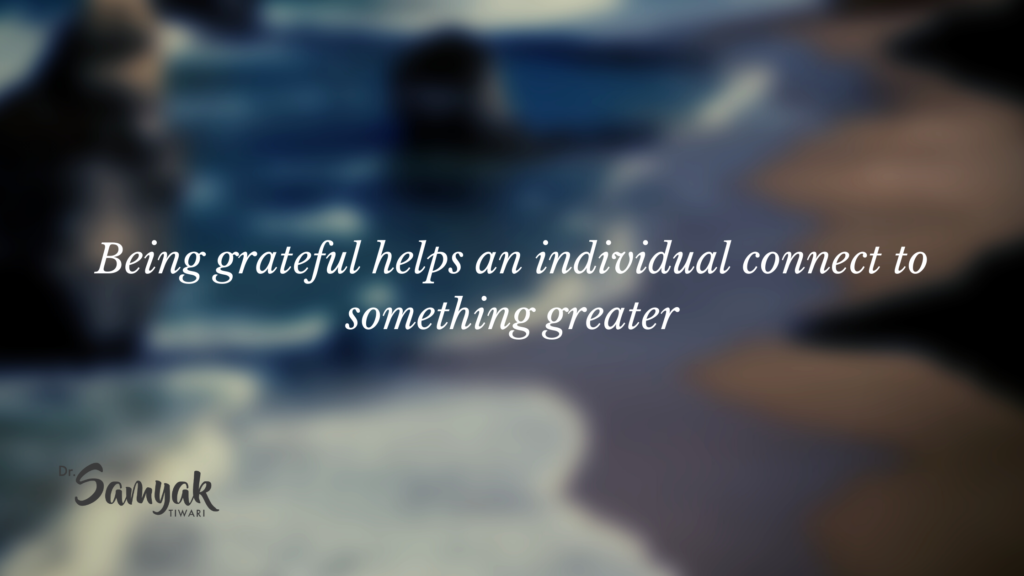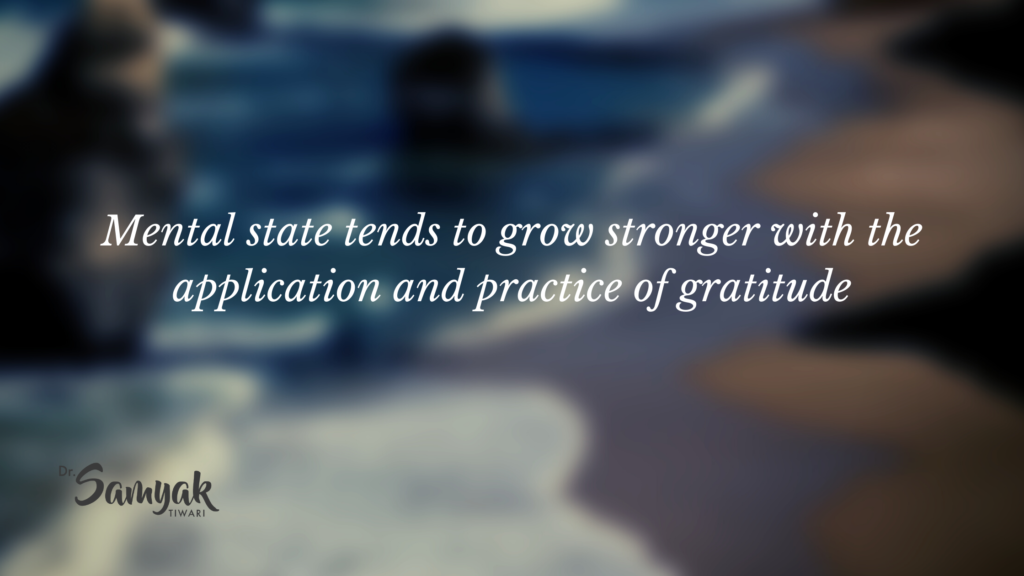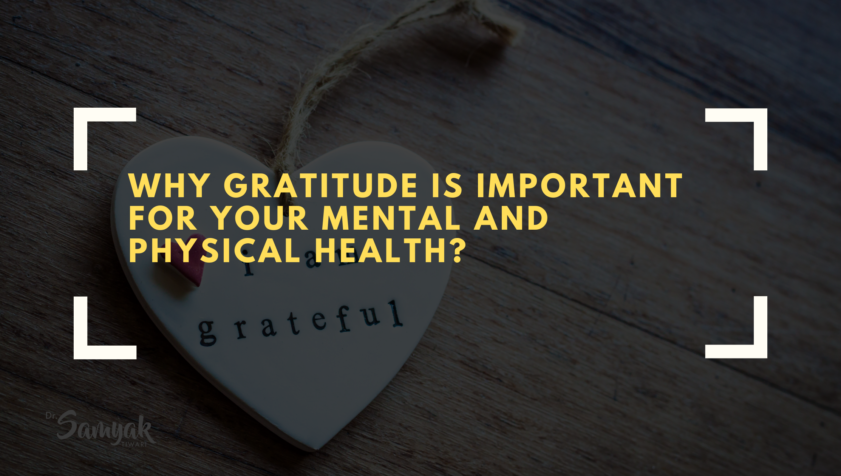The word gratitude comes from the Latin word gratiam, meaning grace or gratefulness. In other ways, gratitude embraces all of these meanings. Gratitude is a contented appreciation for what a person receives, tangible or intangible.

It makes people acknowledge the good in their lives and makes them realize that the root of goodness lays somewhere within them. As a consequence, being grateful helps an individual connect to something greater.
In psychological terms, gratitude is strongly linked with greater happiness. It encourages people to feel more positive, relish good events, enhance physical health, build healthy relationships, and deal with adversity.
However, despite everything, mental health professionals have one stinging question: How to help their patients reap advantages in minimal time?
Data suggest that an assuring way to garner results and accomplishment is to complement counseling with additional activities. These activities are yield extraordinary results without being too taxing. In a nutshell, studies show that individuals who consciously add their blessings are more appeased and less depressed.
How to induce gratitude in our daily life?
Gratitude is all about learning to appreciate what we have instead ofー always reaching out or cribbing aboutー what we don’t. People are always in a hope that they will only be satisfied or content until every physical or material need is met. However, the contrary is true! Although it may appear orchestrated at first, this mental state tends to grow stronger with the application and practice of gratitude.

To make things simple, here are some habits that you can cultivate to practice gratitude on daily basis.
- Pen Down: When you pen down the good, you initiate a feeling of content and satisfaction. Hence maintain a journal in which you express gratitude on daily basics.
- Just say a Thanks: The effects and power of Thank you are hard to express. Indeed, it is magical. So to ensure you leverage that either say or write a thank-you note to nurture your relationship with yourself and others.
- Remember and Thanks: Thank someone mentally if you do not have enough time to write. Remember the good they did and how their presence makes your life better.
- Count your blessings: Sit down now and then and count your blessings, write down everything you have that makes you among the top percentage of people who are alive, have a roof, food to eat, and a family that loves and cares.
- Pray and Revere the Almighty!: There is a reason why we have to connect to the ultimate being! We all are a sub-part of something way bigger than this universe. Hence, we should take a few minutes to pray and thank god for even the minutest thing that we have on our hands.
- Meditate to be mindful: Meditate for mindfulness, focus on your present moment without judging. Focus on what you have and are grateful for.
Gratitude and its impact on health
Gratitude is a magic pill! Trust this line. The moment you inculcate this in your life, the very moment you will see the difference.

Here are two interesting facets as to how practising gratitude can alter the aspect your body:
Mental health
Here are some benefits of gratitude on your mental health:
- Regulates your mood: Expressing gratitude on regular basics for all the positive things in your life are makes you happier overall and lead to lower incidences of anxiety and depression.
- Makes you optimistic: Studies have shown that people who manifest gratitude in their daily lives regularly seem to have a more positive outlook on life.
- Gratitude improves bonds: Practicing gratitude on a routine basis has helped people feel more cherished and more connected to others in their lives.
- Improves sleep quality: Gratitude triggers hypothalamic regulation that helps us get healthier and deeper sleep naturally every day. When our brain is charged with gratitude and compassion it is prone to sleep soundly and wake up feeling renewed and dynamic every morning.
- Release of noxious emotions: Research has shown that the two main sites hippocampus and amygdala regulating sensations, bodily functioning, and memory get stimulated with feelings of gratitude.
Gratitude and Physical health
Apart from mental health, the benefits of gratitude are evident on physical health in the following ways:
- Overall improvement: Rehearsing gratitude can promote physical health. Individuals expressing gratitude conduce to be more involved in activities like taking care of their corporeal health, exercising, and eating well. This leads to greater energy levels, sufficient sleep, and a heartier immune system.
- Reduction in Physical Pain: On controlling the level of dopamine, gratitude fuels us with more energy, thereby subjugating illusory feelings of pain.
- Good for heart and other disorders: Expressing gratitude helps in chronic illness, irritable bowel syndrome, arthritis, regulate blood flow and keeps your heart healthy.
Conclusion
Overall gratitude cultivates happiness and satisfaction, keeping you cheerful and hearty. It makes you realize the abundance of tangible and tangible blessings you have and delivers patience to wait for the fulfillment of long-term desires and wants. If you are taking any medication or subduing to any therapy practice gratitude along with it and see the catalytic effect.

